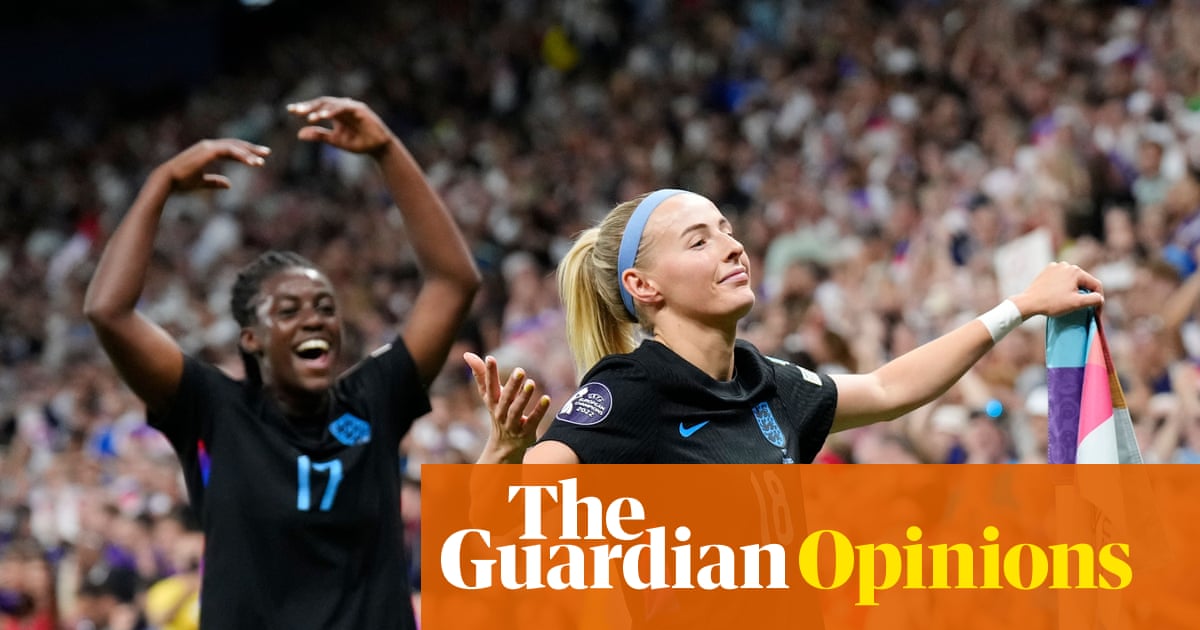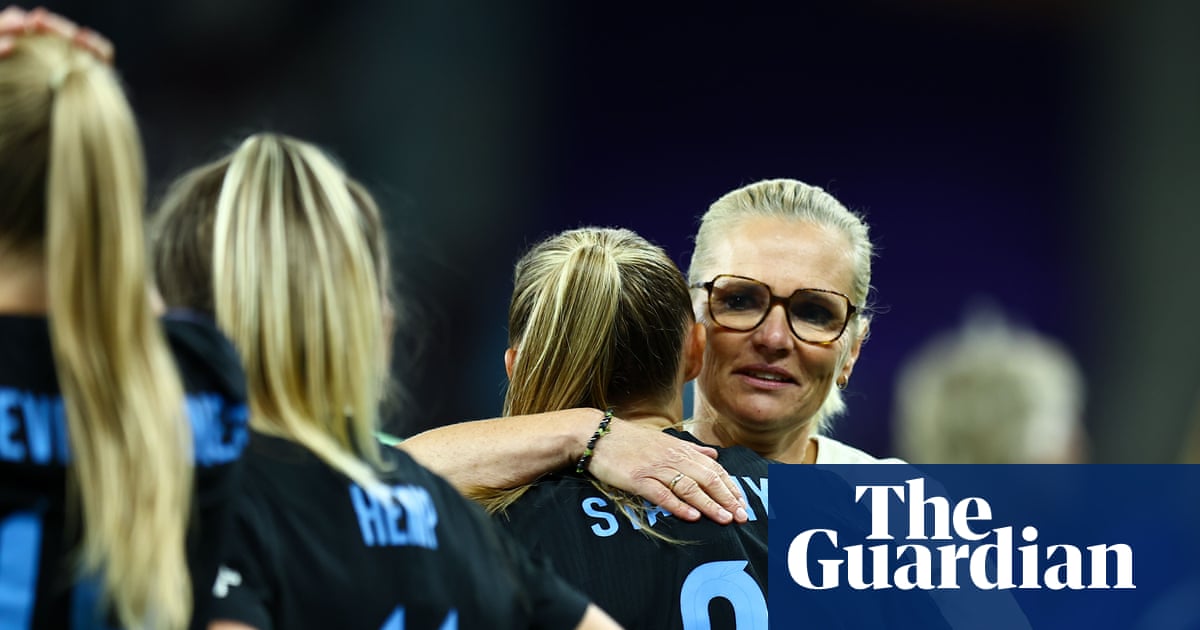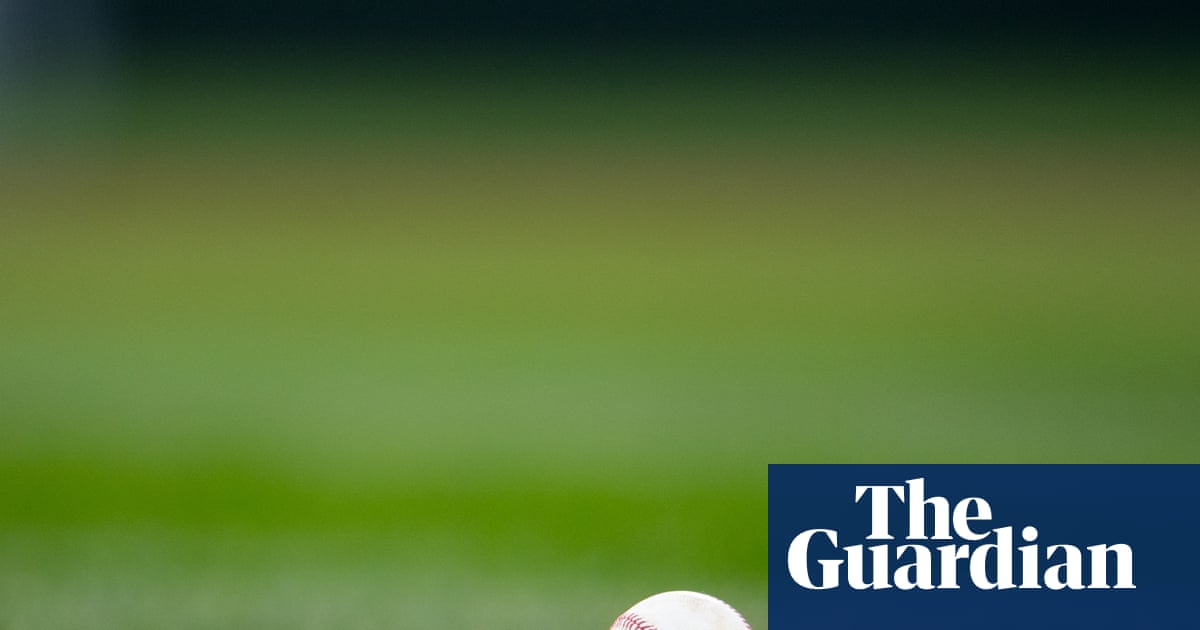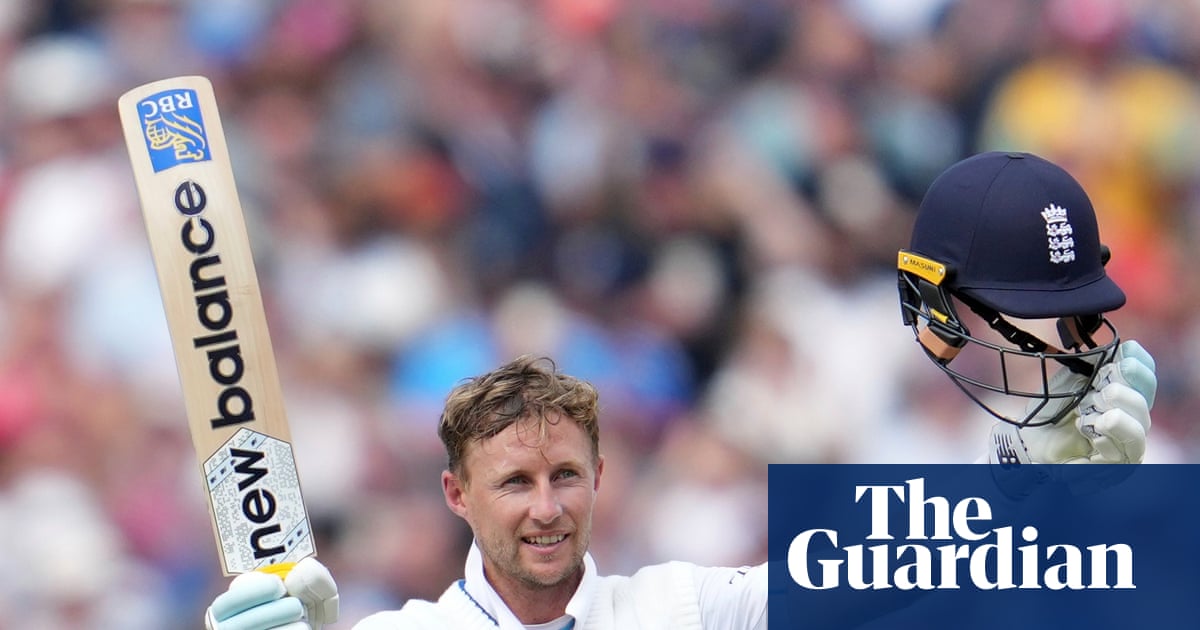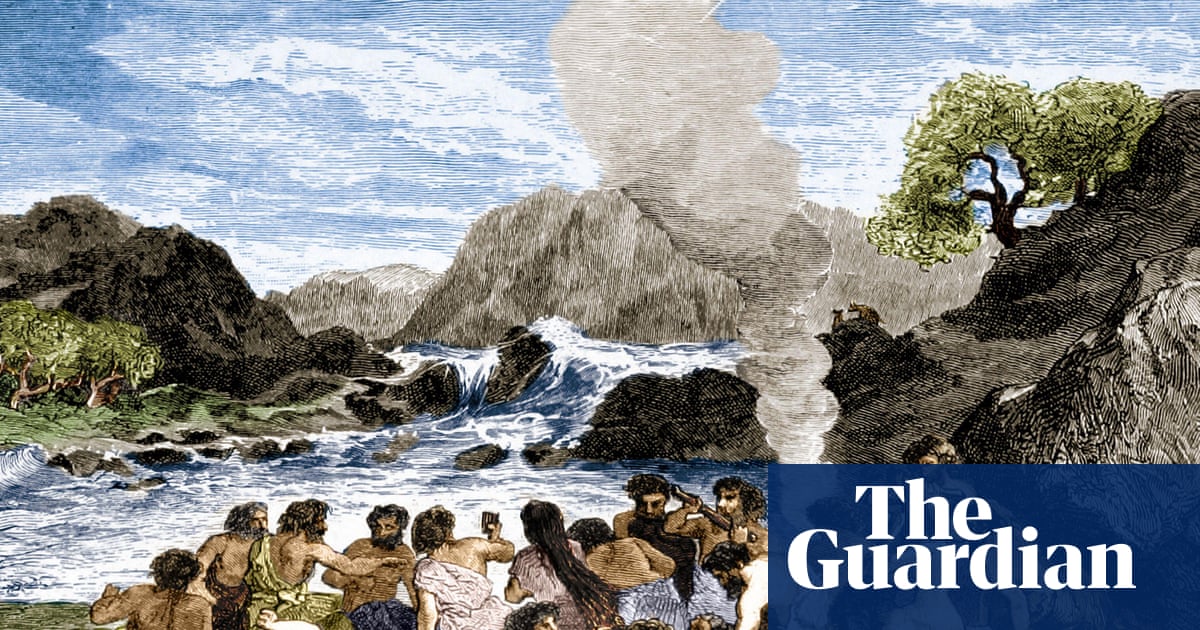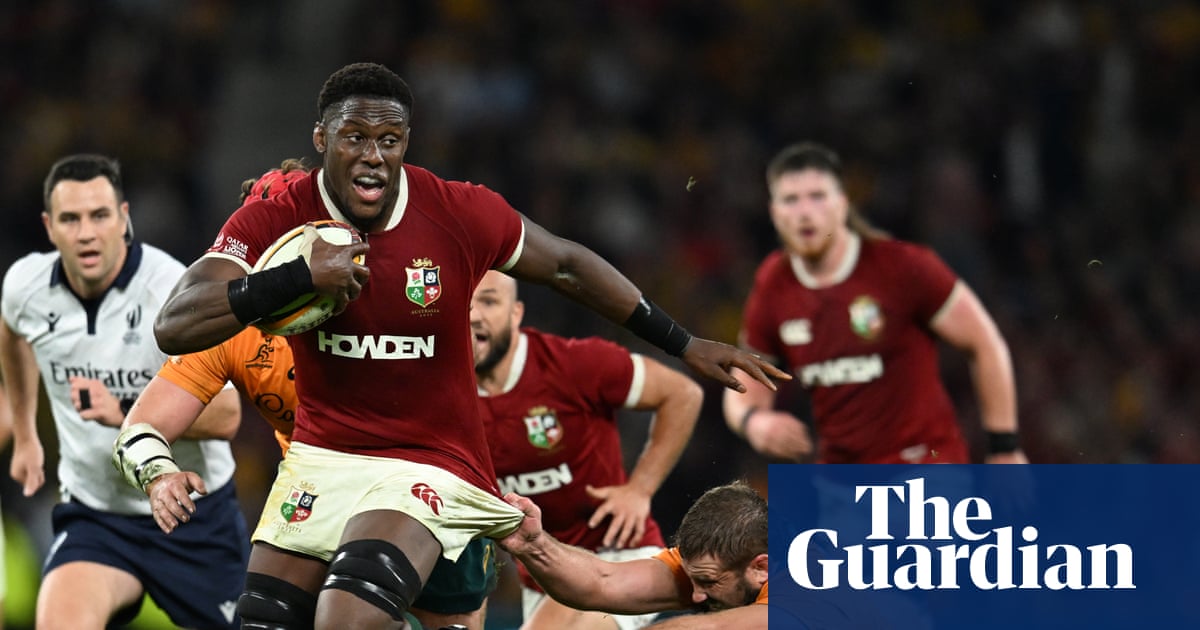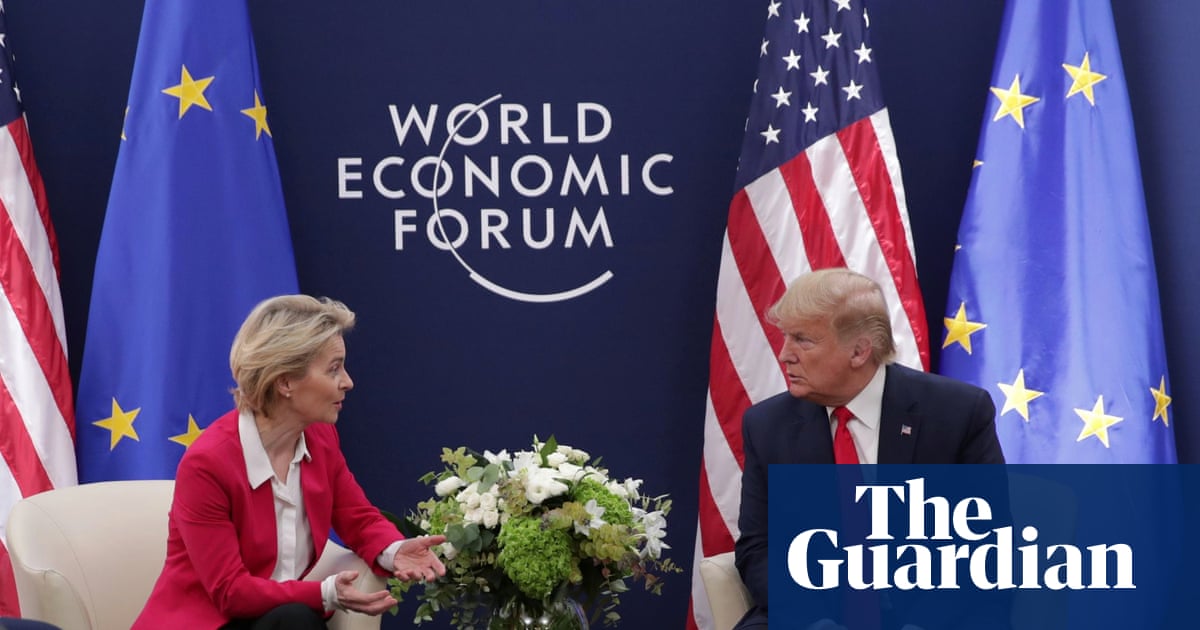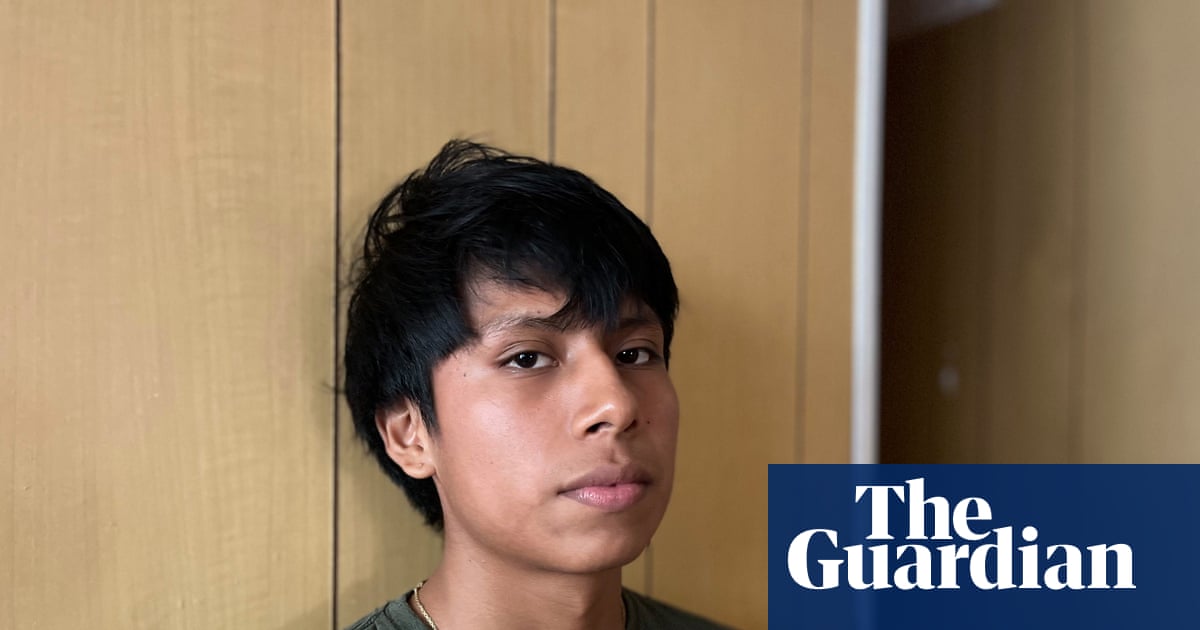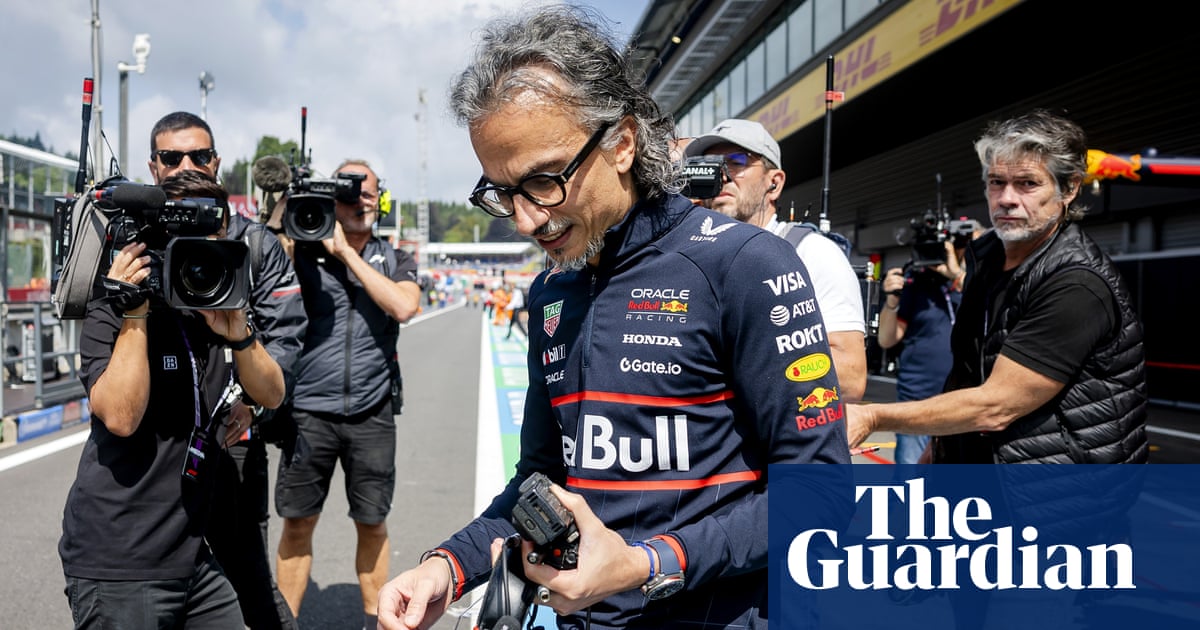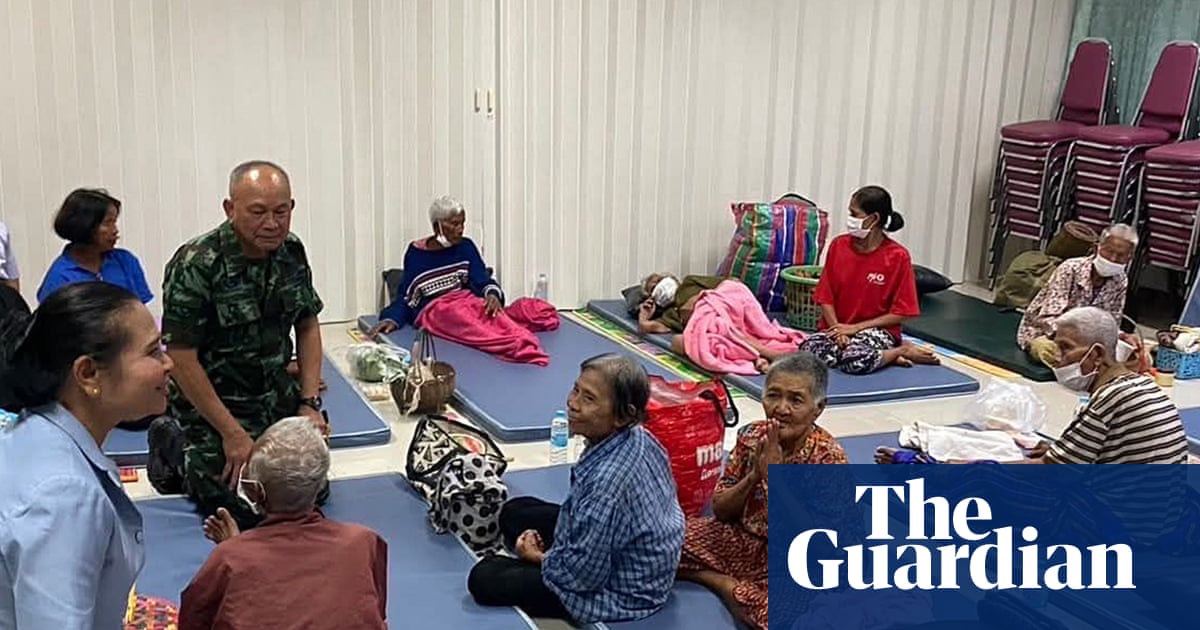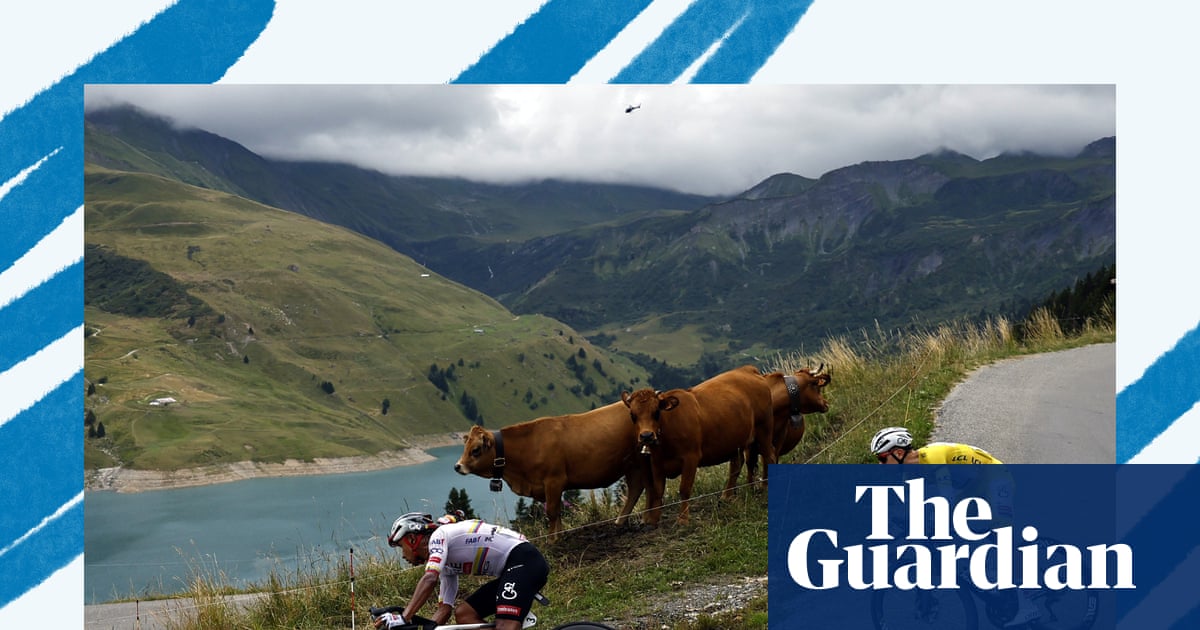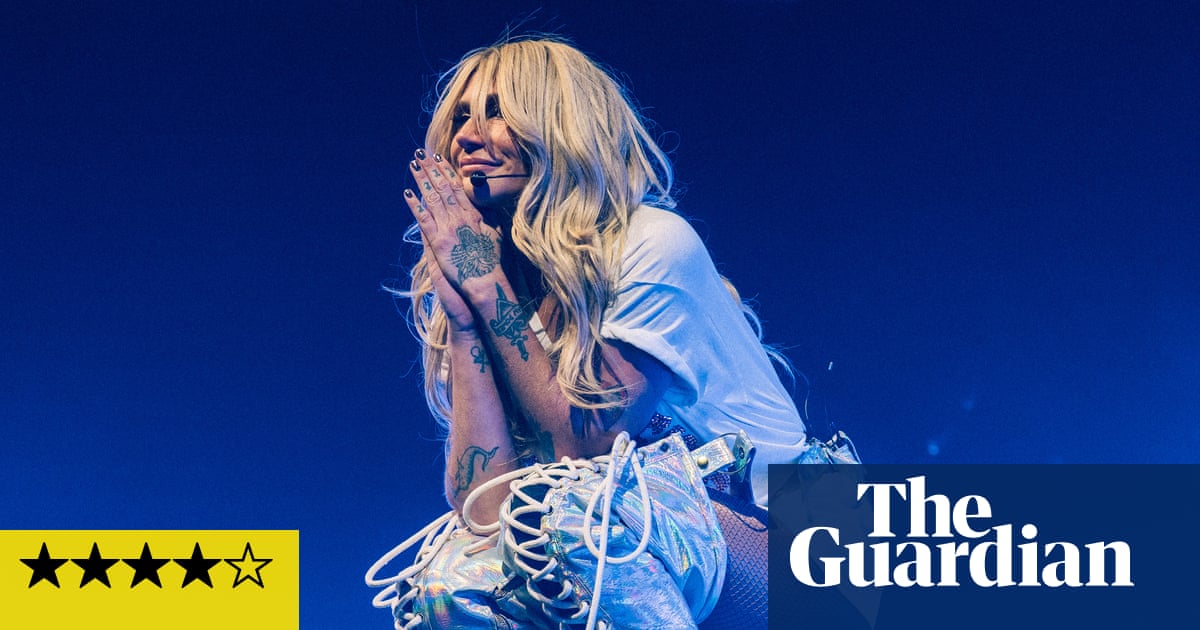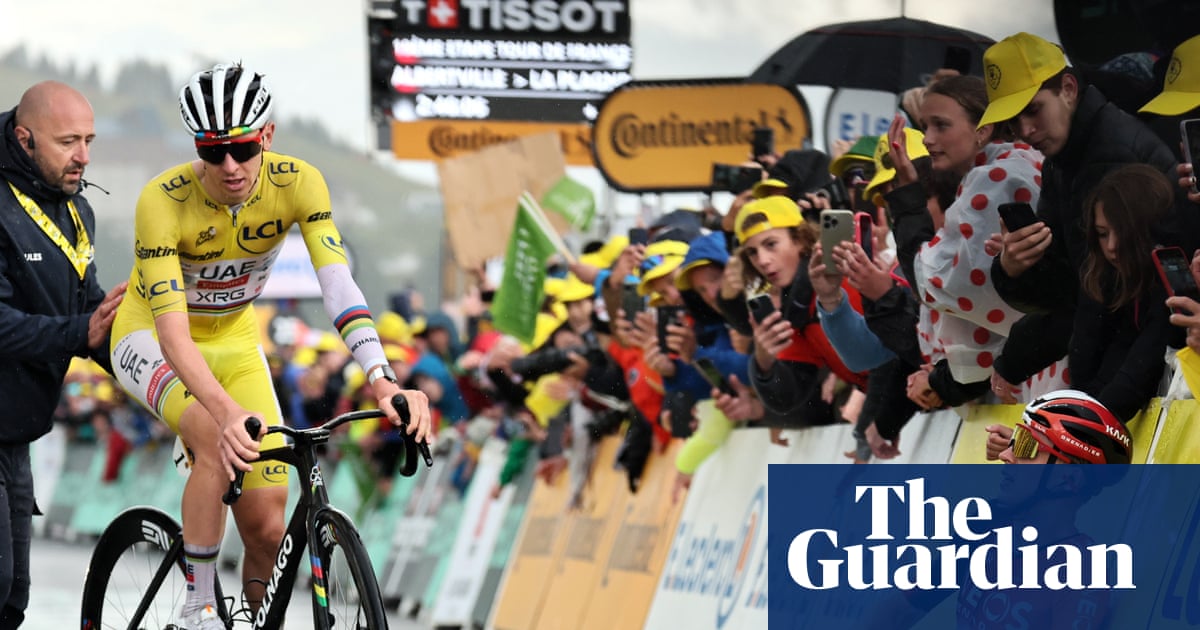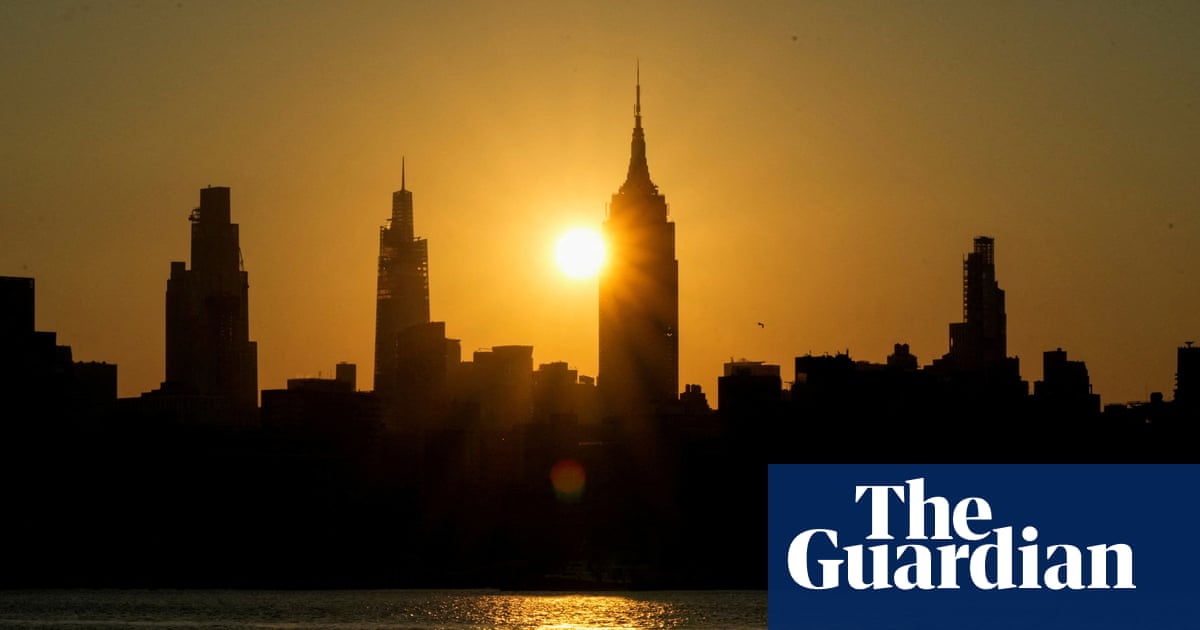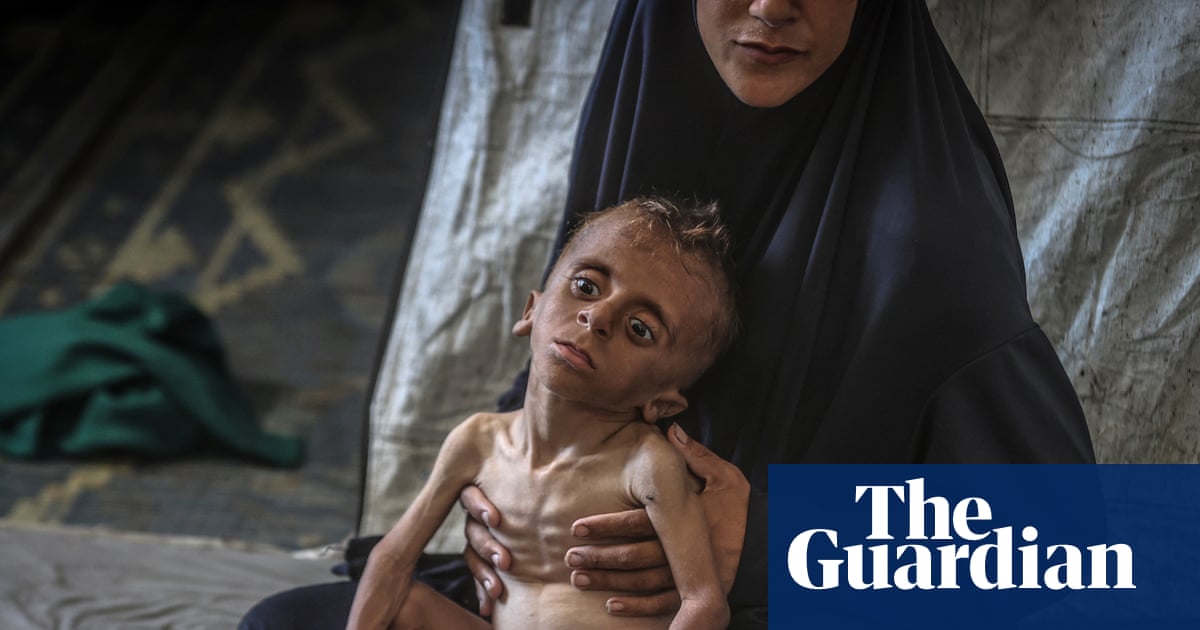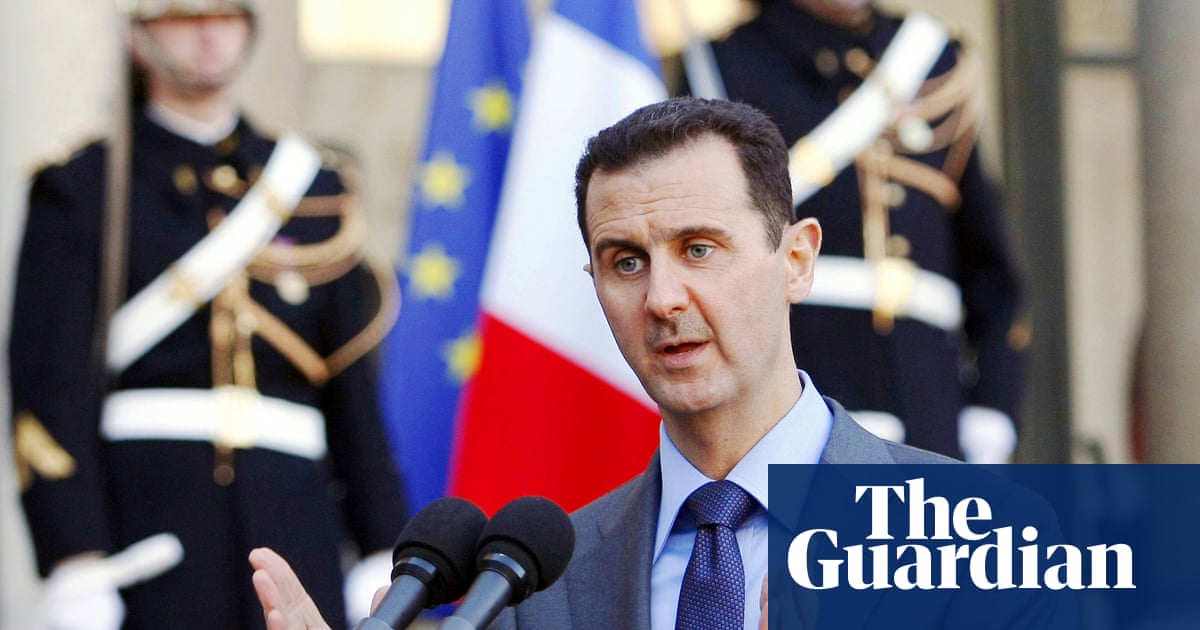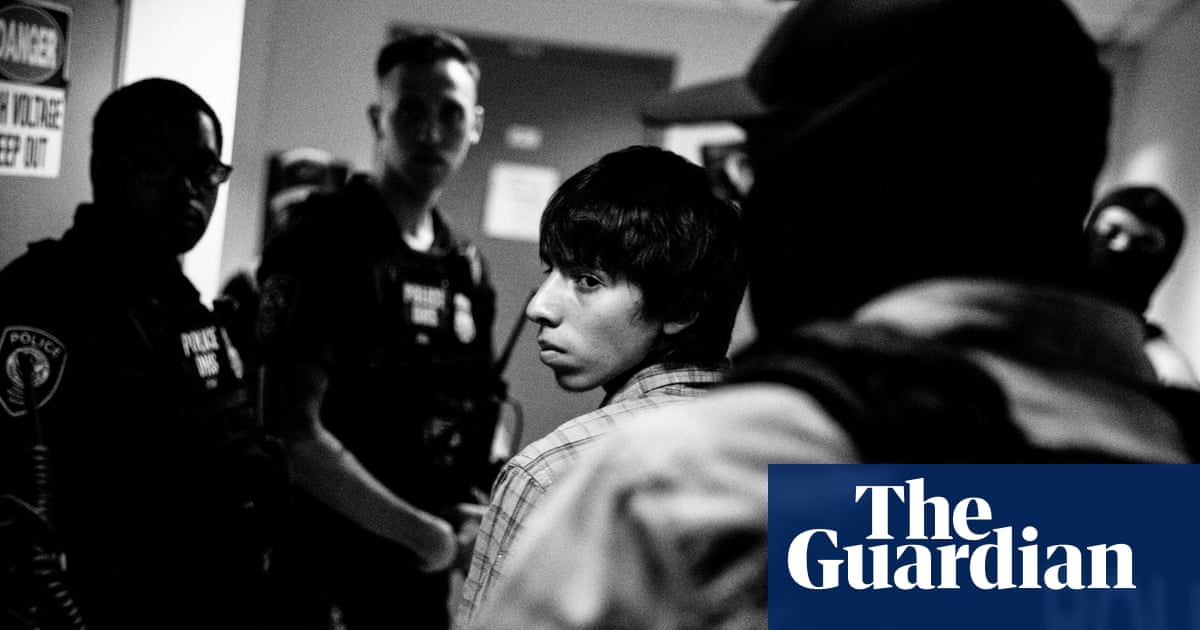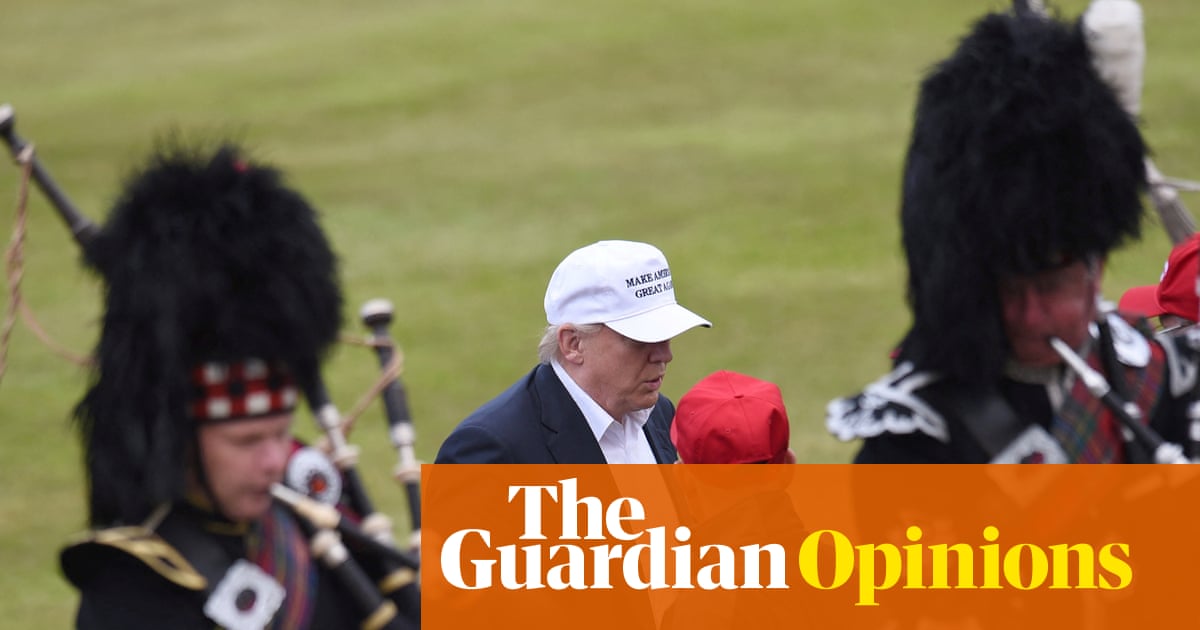Keir Starmer and Narendra Modi have hailed a “historic day” as they signed a free trade agreement between the UK and India.
The two leaders said the trade deal, which is projected to boost the UK economy by £4.8bn a year and bring in £6bn of investment by British and Indian businesses, marked a “step-change” in relations between their countries.
Modi and Starmer addressed cameras at Chequers, the prime minister’s country house near Aylesbury in Buckinghamshire, after signing the deal, which was finalised in May following nearly three and a half years of negotiations. Modi, speaking via a translator, described the UK and India as “natural partners”.
The agreement will result in average tariffs on UK goods being cut from 15% to 3%, with whisky tariffs halved initially and reduced further over the next few years. It still needs to be ratified by the British and Indian parliaments, a process that will take several months.
Critics have argued that the deal does not offer enough for the UK’s financial and legal services industries and have raised questions over India’s human rights and environmental record. The London Mining Network said in a statement that the deal “lacks robust climate safeguards”, particularly around coal extraction in India.
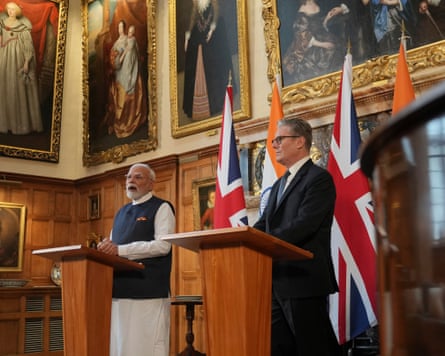
Negotiations continue over a bilateral investment treaty, which would benefit the City of London, but UK ministers and officials are understood to believe it is unlikely that one will be agreed.
The two governments also continue to discuss the UK’s plans for a carbon border tax, which India strongly opposes.
Modi is in the UK for meetings with Starmer and King Charles, and is expected to attend a business reception on Thursday evening. The prime minister has been urged to raise the case of Jagtar Singh Johal, a Sikh activist from Dumbarton who has been detained in India for eight years.
after newsletter promotion

Johal was arrested in connection with terror-related offences while in India for his wedding in 2017, and has been held since despite having been cleared of one of the nine cases against him this year. He says he was tortured in the early days of his detention and forced to make a confession.
Ian Murray, the Scotland secretary, said the case was “right at the top of the agenda”. He told BBC Radio Scotland on Thursday: “The government are doing all we possibly can to get this resolved. There was a recent meeting, just at the start of June, between the foreign secretary and his counterpart in India.”
Johal’s brother Gurpreet Singh Johal said before Modi’s visit that he was “putting my faith in the prime minister to get this done and bring Jagtar home. He was rightly critical of the previous government’s failure, and he recognised that Jagtar is arbitrarily detained … I’ve grown very tired of fine words and weak excuses for a lack of action, while my brother grows old in prison.”
Andrew Griffith, the shadow business secretary, said the free trade agreement with India had only been made possible “because of Brexit delivered by the Conservatives”. Kemi Badenoch, the Tory leader, was critical of the deal when it was announced in May.
The Confederation of British Industry said the agreement “sends a powerful signal that the UK is open for business and remains resolute in its commitment to free and fair trade”.

 1 day ago
5
1 day ago
5
